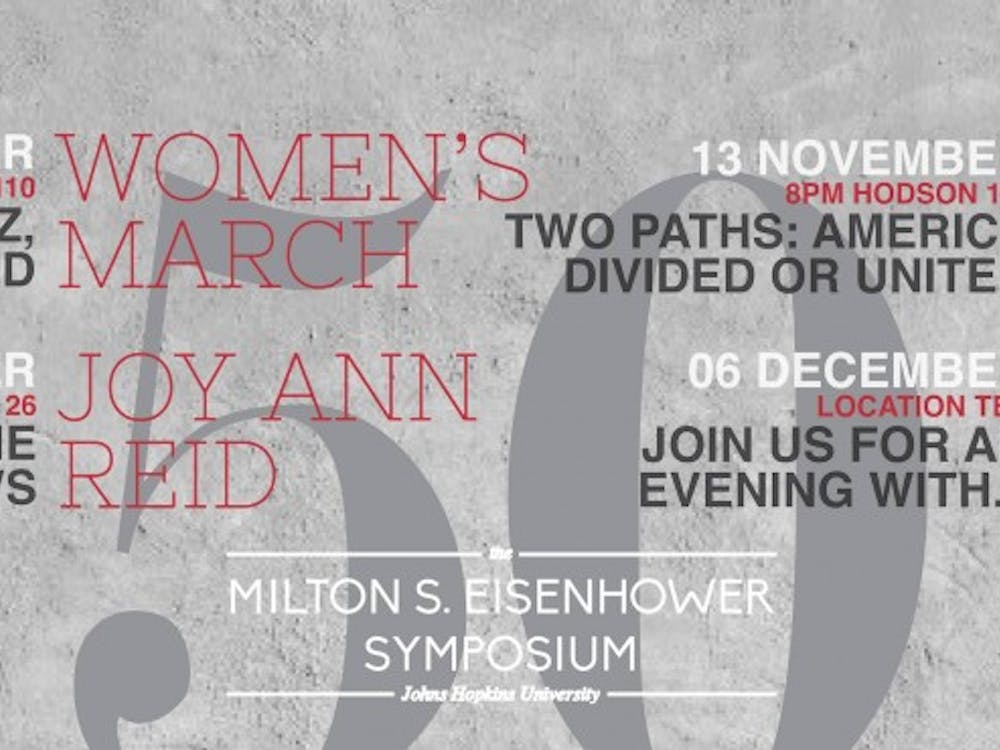AISHWARYA RAJE
Of all places, who would have thought that a traffic jam in Fort Lee, New Jersey would become the center of American political news? It was initially difficult to understand why the story had become an overnight sensation; to a casual viewer, it simply seemed like there was a massive traffic jam on the George Washington Bridge due to lane closures. However, the outrage began when it was discovered that the traffic jam was orchestrated by top aides of New Jersey governor Chris Christie. I want to believe the governor when he claims to have had no idea that his high level staff members ordered a lane closing in Fort Lee to retaliate against the town’s mayor, who did not endorse the governor’s reelection campaign, but I am finding it difficult to do so.
Christie has been regarded as a possible contender for the Republican nomination for president in 2016, which makes the bridge scandal all the more damaging to his reputation. Regardless of whether he was aware of “Bridgegate”, a term oh-so-creatively coined by the media, or not, I find it troubling that the events transpired in the first place. The fact that high ranking state government officials believed that they could get away with turning the tables on the mayor of Fort Lee by causing a traffic jam in the town is a display of misconduct within the administrative system. While it is unlikely that this debacle will be debilitating to the remainder of Christie’s term, nor did it affect the people of Fort Lee too adversely, it shines a light on the use of dirty political tactics in this country.
As much as this makes me sound like a middle school textbook, we must keep in mind that in a democracy, elected officials are selected to represent the ideals of their constituents. Voters invest a certain amount of trust into politicians in the hopes that they will use sound judgement to do what is best for the people. In the case of Chris Christie, his administration’s attempt to bully and intimidate a mayor of a small New Jersey town resulted in disrupting the daily routines of the citizens, which is not the kind of power that we agree to give to our elected officials. Situations like this remind us as to why the word “politician” can have so many negative connotations. Cheating, lying, corruption, and cover ups are just a few of the terms we see next to headlines regarding the people whose job it is to represent our ideals. Why is it that we often seem more skeptical of an honorable politician than a shamed one? More importantly, why are we no longer surprised when a political scandal is exposed?
While Watergate remains as one of the most well known political fiascos (and attempted cover ups) in recent memory, the practice of smearing the opposition is not as uncommon as one would hope. Politicians have been using unethical strategies against their opponents since the American political system was born. In 1836, presidential candidate Martín van Buren was accused of being “laced up in corsets” by his political adversaries, implying that he was effeminate. In 2000, rumors circulated that Senator John McCain’s adopted Bangladeshi daughter was actually his illegitimate child. During the 2002 mid-term elections, it was reported that Republican operatives arranged to jam the phone lines of the Democrats in order to prevent them from calling their supporters to encourage them to vote. These are but a few instances that show a pattern of politics being sunken to a lower moral ground in the attempt to damage another person’s reputation.
Politics is an art that a rare few can excel in. Those who find success in politics have an immense responsibility not to abuse their talent and give in to the kind of dirty tricks that we have become so accustomed to. Ideally, political culture would stop feeding the ego of a politician or political party and refocus to the important issues that affect the lives of all Americans. That kind of change cannot happen overnight, but it is important to recognize when a less-than-ethical political move is made in order to hold the responsible parties accountable for their actions.
As one of the most recognizable faces in the Republican party and in American politics, Chris Christie will have to do some major damage control to put this issue behind him. Again, the “Bridgegate” affair is nowhere near a “House of Cards” level of conniving, but it is enough to raise doubt about how Christie could carry out his future political ambitions. While the story initially sounded like a bizarre way to retaliate against a mayor who did not support Christie’s reelection campaign, it is just one example of how the execution of political power in this country is abused more frequently than it should be. But no matter where you stand on this issue, we can all agree on one thing: The rest of the country just found one more reason to ridicule the great state of New Jersey.
Aishwarya Raje is a sophomore majoring in International Studies.
















